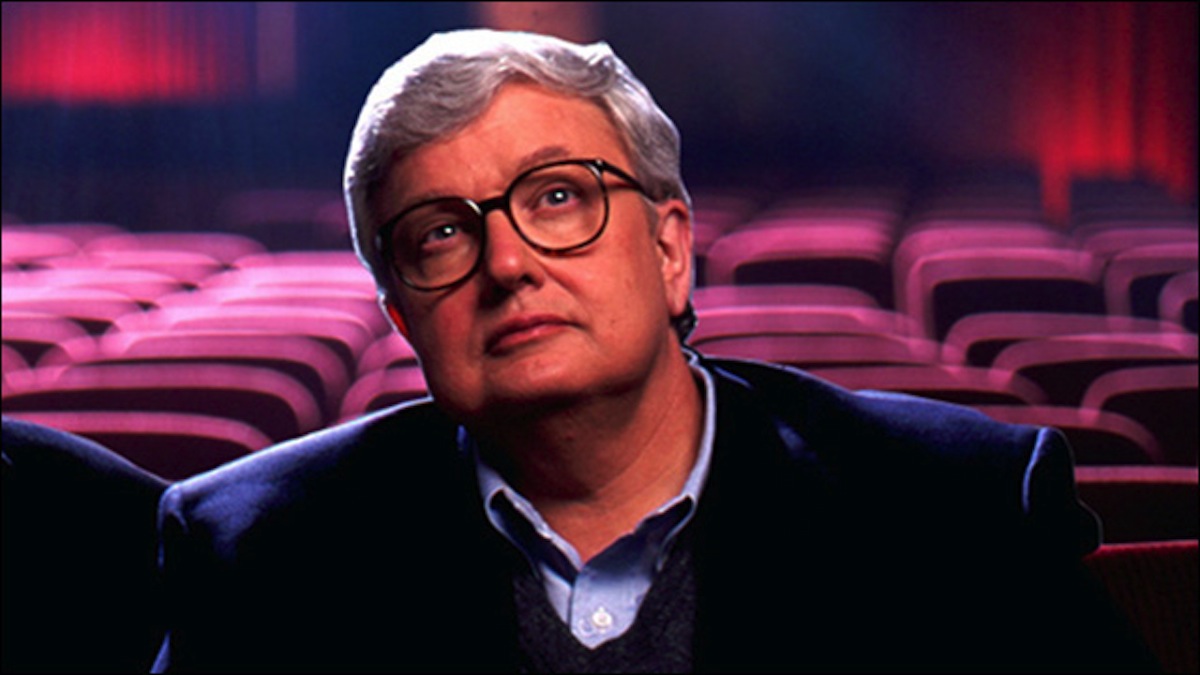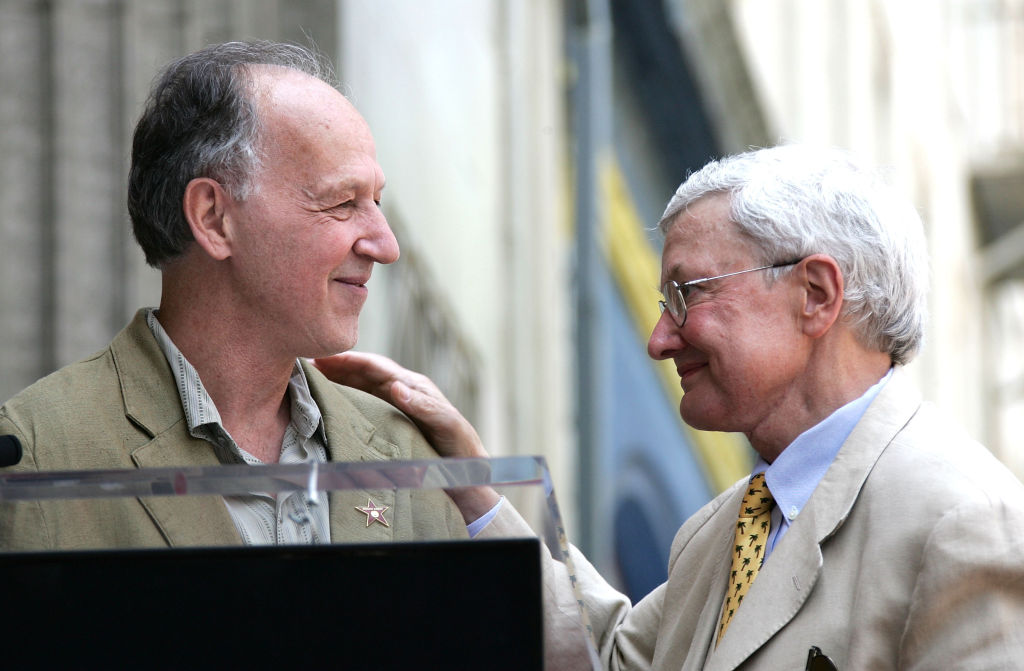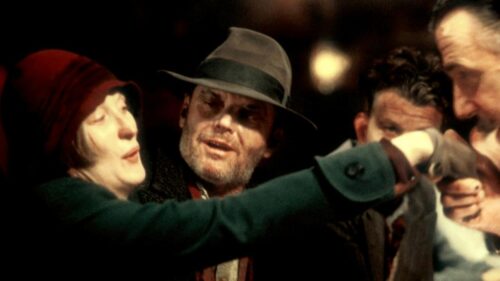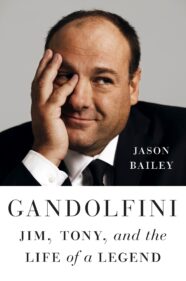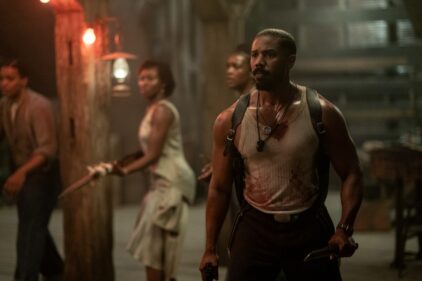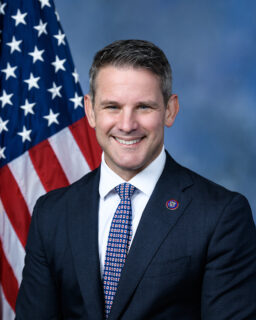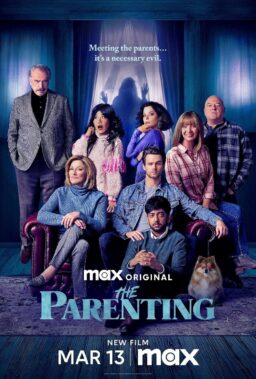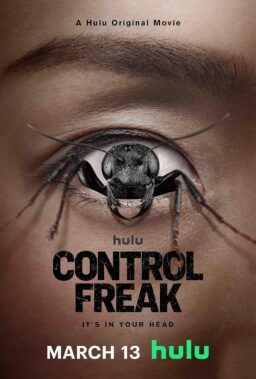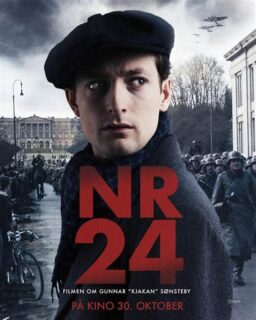To donate to The Ebert Center, click here.
In the nearly two years since Roger Ebert has passed, his influence, life and legacy remain constant topics of conversation online. We are regularly sent pieces about Roger, whether they be personal reflections after seeing “Life Itself,” odes to missing an old friend, or professional admiration. Do a Google search for “Roger Ebert” and you’ll see hundreds of articles about him, written around the world. To start this week of memorial content dedicated to Roger, we assembled a dozen or so blog posts and articles that we found particularly moving, resonant, and vital. Click on the titles to link through to the full pieces.
“One Man’s Gift” by Keith Rice
Ebert was a hero of mine. I’m not typically given to connection with people I’ve never met, but Roger Ebert spoke to me. Roger Ebert had a stunning ability to converse and educate in equal measure within the confines of a review. A goodly portion of my film knowledge was gained from Roger Ebert, and I’m pretty certain many others can say the same. His conversational prose and sharp, disarming insight have always been a guidepost for my writing. It’s not a mark that I often hit, but it’s one that I shoot for. Ebert taught me that films should be reviewed not only on their merits but relative to similar films and the intended audience – a good critic grades on a curve, so to speak. It’s odd to me that a man I never met could have such a profound influence on such a large facet of my life. It’s rare that I leave a movie theater without wondering what Ebert would think (and if I would agree). In a very real sense, I felt as though I had lost a friend on April 4, 2013, and like that final, painful visit with my Pap, “Life Itself” gave me a sort of closure. A sense of solemn and peaceful finality. I was one of the many, many lives that Roger Ebert touched. I like to think he realized that – not his impact on me personally, but his impact.
My Pap taught me to love movies. Roger Ebert taught me why I loved them.
“Taking it Personally: On Life Itself and Missing Roger Ebert” by David Sterritt

I had known Roger Ebert for a couple of years when I formed my first lasting impression of him. After a movie we’d just watched for the first time, we walked to the exit and I asked what he thought.
His answer was clear and thoughtful, as I’d expect from many of my critical colleagues. The remarkable thing was how articulate it was, coming in perfectly formed sentences making a perfectly shaped case for his nuanced opinion about a movie that ended about 10 seconds ago. If there is such a thing as a natural-born critic, I said to myself, he is walking up the aisle with me now.
Roger’s eloquence took multiple forms in the course of his long career. Starting in 1967 he wrote for the Chicago Sun-Times, and in 1975 he became the first movie reviewer to win the Pulitzer Prize for criticism. In that year he began talking for a living, as well, joining Chicago Tribune scribe Gene Siskel to launch the TV show that became Sneak Previews and made “Two thumbs up!” an inescapable (and sadly simplistic) meme. By the late 1970s the show was airing on almost 200 stations, and by the early 2000s Roger’s columns were being syndicated to more than 200 outlets in America and elsewhere. The onset of thyroid and salivary cancer understandably slowed him down, but not a whole helluva lot: He kept on writing, tweeting, blogging—his numerous books include a cookbook, penned when he could no longer eat—and talking, thanks to a Stephen Hawking-style voice synthesizer. The guy was unstoppable.
“I Saw Roger Ebert at the Oscars — Did You?” by Anthony Berteaux

When I went to see the Oscar-nominated “Selma” directed by Ava DuVernay, I wondered what Roger Ebert would think of it.
What kind of review would he write? How would he write it? What personal experiences would he bring to it? It’s these types of questions I always ask myself when I go to the movies. Every time I go see something in a theater, I never really go in alone, but Roger Ebert comes with me, as with questions of what Roger would write.
These are questions that will never be answered.
We will never know what Ebert thought about “Selma” or “Boyhood.” We will never know what criticism or nugget of wisdom he would give us about “Birdman” or “The Theory of Everything“. We are unknowing, because Ebert is no longer with us.
In death, Ebert’s silence is deafening. I miss his presence deeply, and I read his past reviews in hopes of somehow grasping an idea of how he could write reviews that were so humble, human and full of empathy and compassion.
Ebert, as a critic, transcended film criticism.
“The Balcony’s Always Open” by Patrick Sauer

It meant a lot to me personally because Ebert’s online universe was a great comfort in some trying times. As the economy cratered and the freelance market dried up, I was often left with little to do. On the flip side, my businesswoman wife had way too much on her plate. As she worked more, I worked less. We were also trying to have a baby. A couple of failed attempts made for long years and Ebert’s website was always great for taking me somewhere else. And I’m not alone, even the commenters were cool — let me repeat that, the comments were worth reading — piggybacking Ebert’s memories with their own. We all have a Steak n’ Shake, right? My hometown Billings had Sandee’s, with its tiny, kinda-gross cheeseburgers we ate to death. I can still see the grease stains on the paper bag.
In 2010, everything changed again. Our daughter was born. The dark clouds had lifted, but the economy of freelancing hadn’t changed, so I became a stay-at-home-dad with a writing hobby. It’s been amazing, a time I wouldn’t trade for all the Oscars on Meryl Streep’s mantelpiece, but it’s been an isolating one. My wife and I don’t have family in Brooklyn, and a lot of friends have moved on to start their lives anew. I’m not trolling for sympathy here, it’s the life we chose and we love it, but it is weird and sometimes lonely to be an adult man who’s spent most of the last 3.5-years with a motormouth child. But hey, she loves the movies. One of her favorite words is an-tag-ah-nist and we spend a lot of time discussing the wrongdoings of Maleficent, Doc Hopper, and that mean old red-eye robot Otto from “Wall-E.”
Like [Will] Leitch, I needed Roger Ebert. I needed a place to go to pass the time, to let my mind wander, to laugh, to get teary-eyed, and to argue the merits of “Lost in Translation.” I’m with you Rog. I love it.
In death, Ebert has been life-affirming. To honor the big fella, I recommend taking a spin through his website, opening up any chapter in Life Itself, and then checking out the film this summer. My favorite moment is when his voice-over double says, “Look at a movie a lot of people love, and you’ll find something profound…no matter how silly the film may seem.” It plays over a clip of “This is Spinal Tap.”
Hello, Cleveland! Goodbye, Roger. Thanks for the memories and know, because of your humanity and conscientiousness, the balcony will remain forever open.
“The Day Roger Ebert Saved My Life” by Kenny Porpora
There’s his name again. Roger Ebert. It seems so silly for me to have such an important person’s name in my in-box. I wonder if he knows I’m eighteen and got fired from Home Depot and sleep on a pile of borrowed blankets. I wonder if he knows I have a giant teddy bear named Roger E-Bear that sleeps on my blanket bed next to Wozels’s ashes.
Ebert has responded. And for the first time in my life I feel like I could actually make something of myself.
“Roger Ebert’s Eyes” by Roger Wright
What happens next is that every single individual in that crowd looks to their right, and Ebert is in the seat right next to them! Some sort of space/time shift he will have to explain to us. Or, I guess now, he will have to guide one of us to figure out for ourselves. His spirit will be strong enough to do something like that.
He is sitting next to every single one of us.
A list of his books, commentary and reviews would fill volumes. You’ll see those lists in the days to come. The enormity of the medical challenges he spent these last years staring down, calls to mind a person standing in front of snow capped mountain stretching miles and miles up into the sky and then starting to climb. Ebert always kept climbing. He never stopped.
“The Journey Of Roger Ebert” by Ray Pride

The screening room has its rituals. (When the lights go down, every theater in the world is one big “screening room.”) Regulars have their seats and guard them territorially. (And sandwiches. So many sandwiches.) But, although I took it for granted, even as Roger rode out one more, then another health crisis, one of the best rituals was seeing Roger’s friendly face on a several-times-a-week, sometimes even all-day basis for more than twenty years. Sometimes there’d be an exchange. Often just a nod. Screenings were usually at 10am, 1215pm or 230pm, and there were many times I’d be in the door just a moment before the lights dimmed for the lunch-hour show, and I’d have the New York Times quarter-folded under my arm or a brand-new book I’d only just started reading on the El and I’d get a grin and a thumbs-up. Another constant reader! Roger approved. On rare occasions, acknowledging a review I’d written in the issue before or a timely wisecrack, Roger offered the encomium “Very good, old man!” after his British fashion. I couldn’t count how many hours we were in the same room in the darkness. (Certainly more time than I’ve spent with my father in the past two decades.) Or how many laughs, warming laughs and giddy laughs, I heard across the years. Roger had a trickster’s happy laugh. Taken for granted: I was in the flow. See Roger at the advance preview, write, submit my review to my paper, then pick up the Sun-Times on Thursday night to pore over the Friday entertainment section. The movies lit up and the words were put down in real time, movie time, written time.
The screening room was melancholy the day Roger passed. No one knew where to stand, but someone had marked his customary seat, at the back, on the aisle, with an offering. I took a picture. Only one person knew what he had to do: another photographer, who moved a red long-stem rose that had been left, to a prettier, less true place.
“Remembering the Roger Ebert I Knew” by Gregory Favre
For me, it was two hours of remembering the Roger I knew in Chicago when we both worked for the Sun-Times, when one of the best perks of all was going with Roger to see a movie in the private screening room in the heights of the Chicago Theater.
Remembering Roger, always first and foremost a newspaperman, even after his television checks overwhelmed what he earned in print. He started on his college newspaper, was given the chance to review movies in his early 20s and became the first film critic to win a Pulitzer Prize.
Roger, the most precise, quickest and prose-perfect writer any editor could ever desire to have on his or her staff. As a mutual friend wrote of him, “In words and life he displayed the soul of a poet whose passions and interests extended far beyond the darkened theaters where he spent so much of his professional life.”

“The Importance of Film Criticism” by Jason Madanjian
Ebert actually had words behind his now iconic thumbs-up or thumbs-down reviews. He proved that film criticism was important because he didn’t just tell people what to see and what not to see. Ebert told people why they should see something. He told us that certain movies are for certain audiences and that certain movies were for all audiences and that it doesn’t make either movie the good one or the bad one. According to Ebert, that’s the beauty of critical thinking. We don’t all have to agree.
“Roger Ebert and Me: Remembering the Beloved Film Critic” by John Powers
The first time I met Roger Ebert—this was at the Toronto International Film Festival—he was famous and garrulous, a film-critic grandee, while my feisty younger self was sniffy with disapproval. I didn’t share his taste and thought his TV show with Gene Siskel had made the world worse by reducing movie culture to a question of thumbs. I still think that, but over the years my feelings about Roger (as I came to know him) changed. This was partly because I grew to like him and to admire his democratic instincts—he talked to ordinary people as easily as to his fellow celebrities—and partly because he handled terrible adversity with a grace that I envied far more than his fame. Watching this plump, breezy man be devoured by disfiguring cancer, yet only grow wiser and more gracious—well, Roger was my idea of achieving the ancient goal of having a good death.
“Werner Herzog on Roger Ebert” by Emily Rome
When EW spoke with Herzog on the phone Thursday, the Munich-born filmmaker recounted their mutual admiration for each other’s work and reciprocated Ebert’s praise with similar reflections on Ebert’s own steadfastness amid the changing cultural views of entertainment.
“I always loved Roger for being the good soldier,” Herzog told EW, “not only the good soldier of cinema, but he was a wounded soldier who for years in his affliction held out and plowed on and soldiered on and held the outpost that was given up by almost everyone: The monumental shift now is that intelligent, deep discourse about cinema has been something that has been vanishing over the last maybe two decades. And it has been systematically replaced by celebrity news. It is what it is, and we have to stand the tide. I try to hold out and keep up what Roger was after.”
“A Life Worth Watching” by Nikki Stafford
But the stand-out interview is with one of his granddaughters, who talks about how she grew up sitting on the couch next to Grandpa Roger, watching one film after another. In one of his final weeks, he uses his voice software on his computer to chat with her, and tells her excitedly about the new documentary he was watching, 56 Up (I am obsessed with the Up Series, so I was thrilled to see that this was one of the last movies he reviewed). She sits by him, hanging on every word, asking excited questions as he passionately nods and gestures at her, then begins furiously typing to her again. She talks to the camera of how her entire childhood is marked by watching films with him, and that he taught her everything he could about film when he could. Her voice catches with emotion as you see the waves of reality wash over her face, knowing that her days of watching films with Grandpa Roger are numbered. But I thought, could you imagine learning about the history of 20th century film with Roger Ebert at your side as your personal film-viewing companion?
His was an extraordinary life, and this is a beautiful film.
To donate to The Ebert Center, click here.
